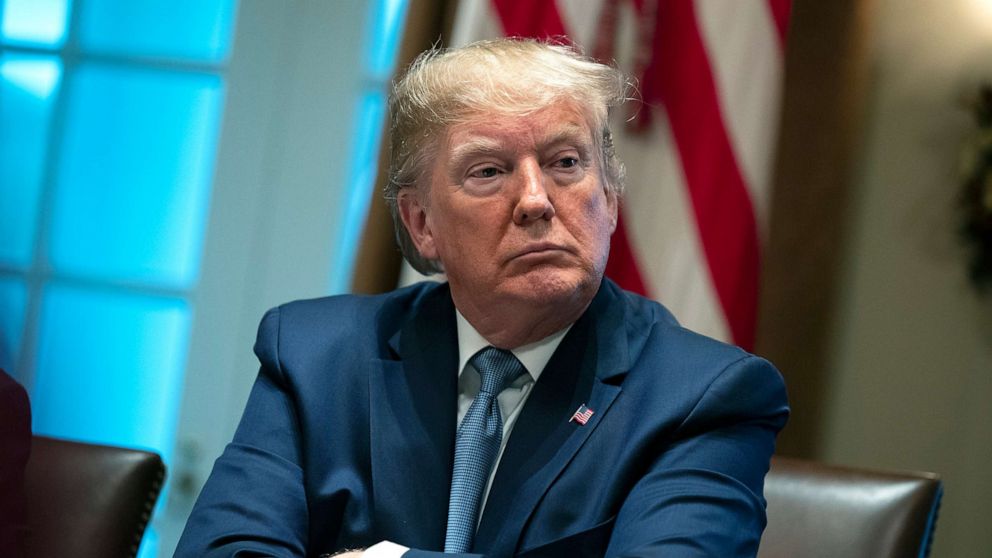White House considers swift Senate trial following House impeachment after GOP signals no appetite for protracted fight: Sources
As the House Judiciary Committee headed toward a historic vote in favor of impeachment on Thursday, some top aides to President Donald Trump appeared to be warming to the idea of a short trial in the Senate and possibly not calling any witnesses at all, according to multiple sources familiar with internal deliberations.
The approach runs counter to what Trump has advocated publicly and what some aides have discussed. But according to sources familiar with discussions, the thinking inside the White House has begun to morph following the release of two articles of impeachment.
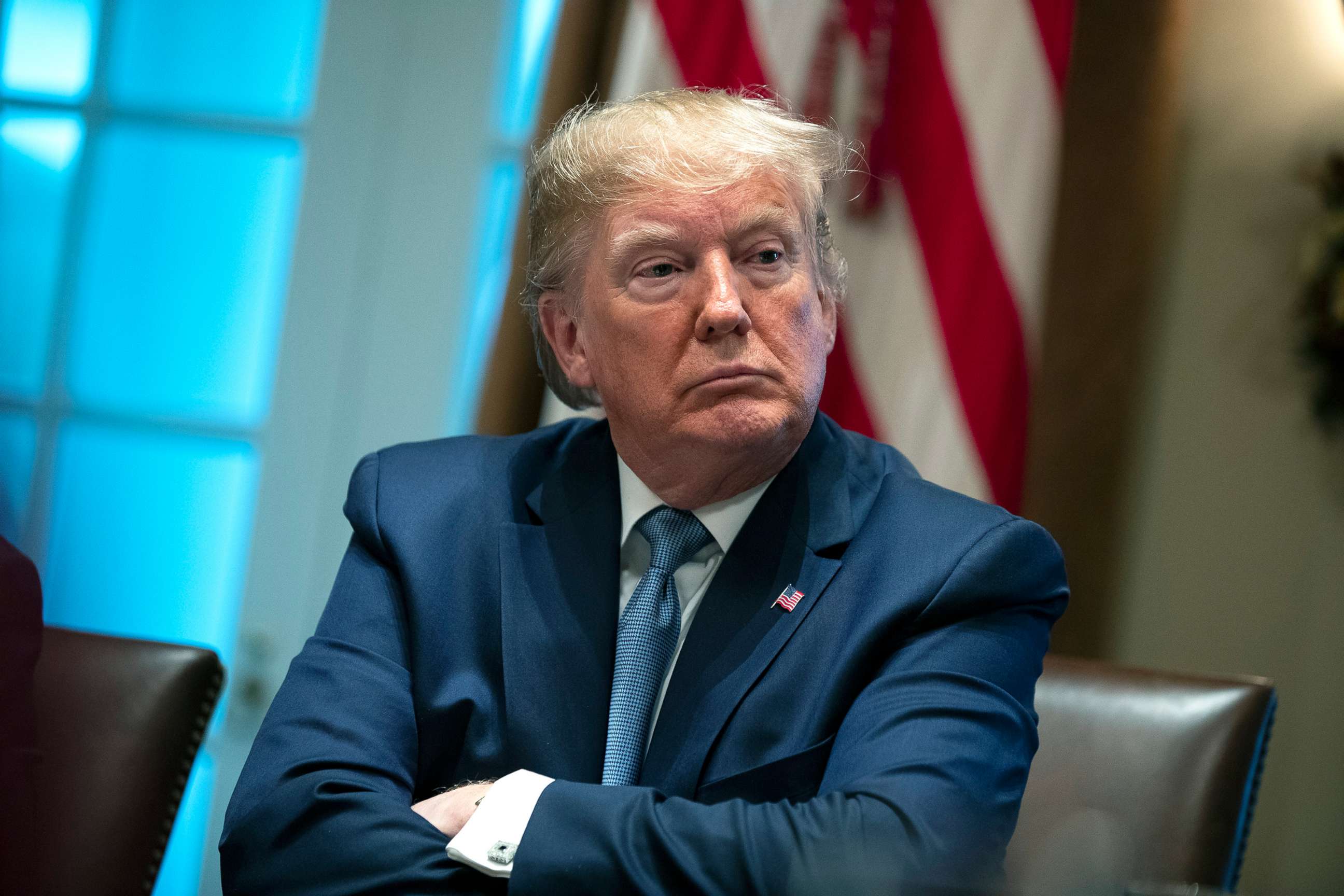
The articles, which allege abuse of power and obstruction of justice, were more limited in scope than the White House had anticipated, officials said. Meanwhile, top Republicans in Congress have signaled little appetite for a protracted trial, leading some presidential aides to consider urging Trump to allow a swift Senate trial and move past impeachment altogether, officials said.
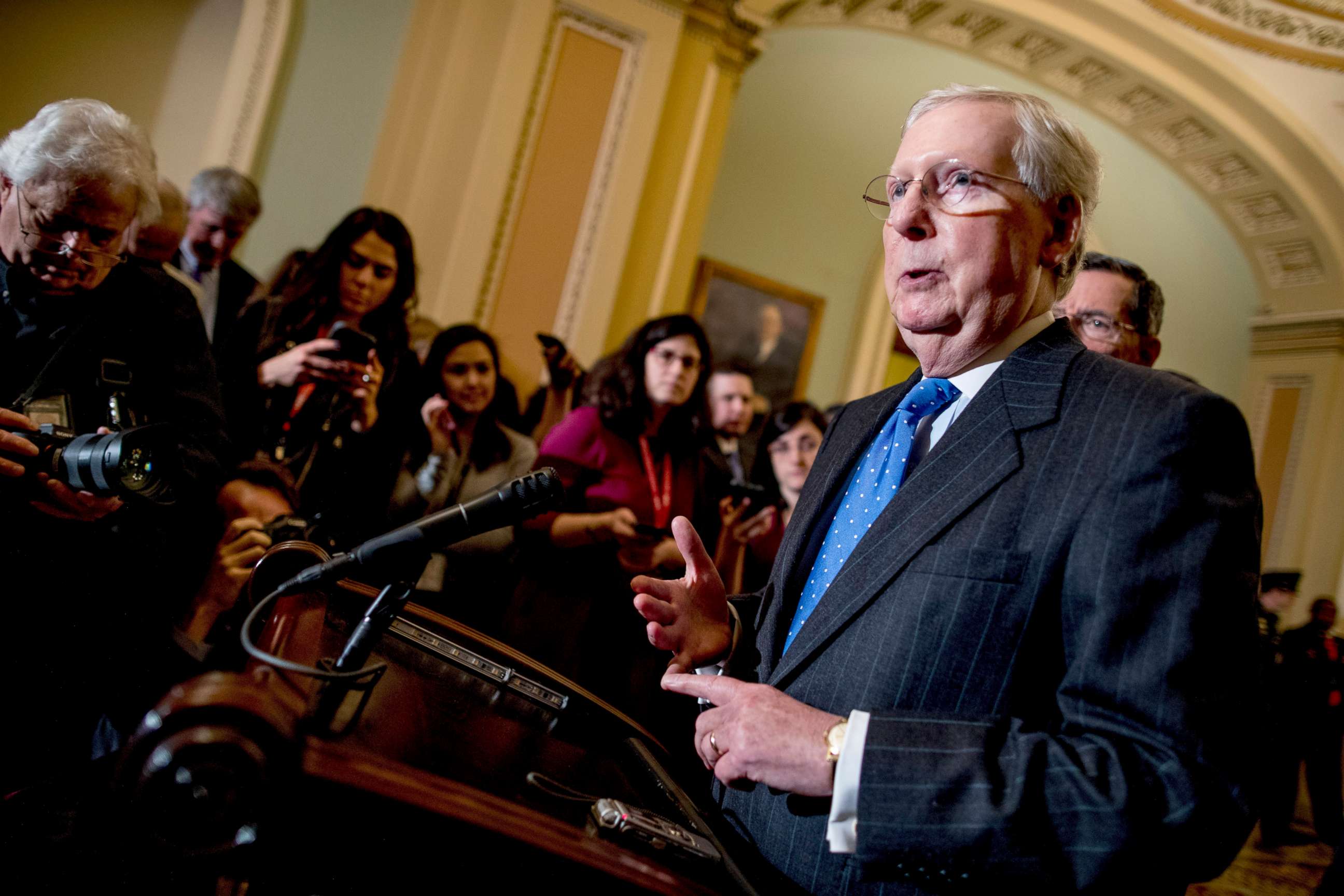
The officials spoke on condition of anonymity because they were not authorized to discuss the matter publicly and because no firm decision had been made.
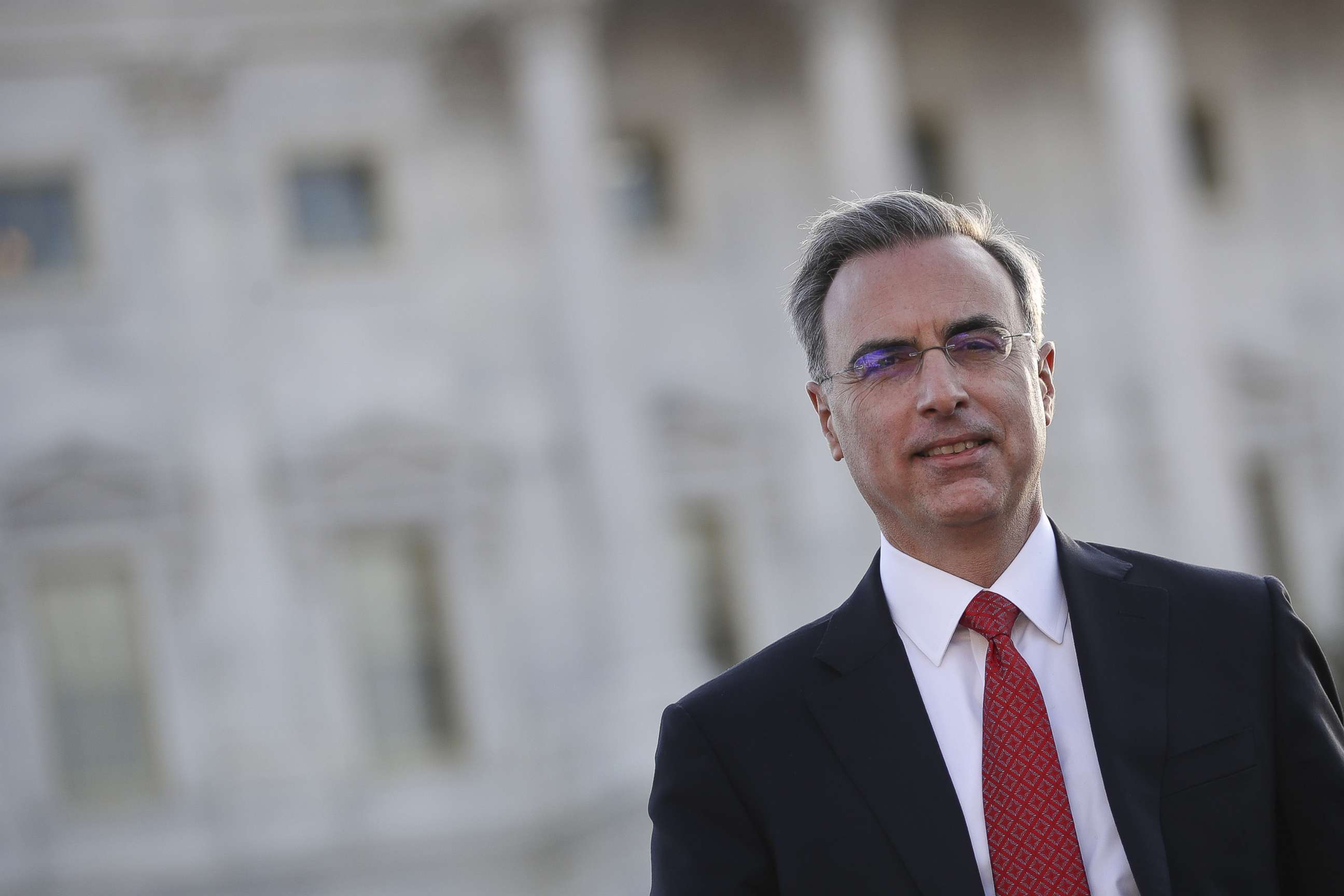
On Thursday, Senate Majority Leader Mitch McConnell met behind closed doors with White House counsel Pat Cipollone and White House Legislative Affairs Director Eric Ueland.
"The president did nothing wrong," Ueland told reporters afterward. "It's a fatally flawed process and distracts from the work of the American people."
When asked if the White House believed calling witnesses in the Senate trial was necessary, Ueland told reporters, “I think the president has been pretty clear on priorities that he’s laid out when it comes to this. But while we focus on the questions of how best to deal with the process in the Senate, we’re also focused on substantive results on the President’s agenda for the American people.”
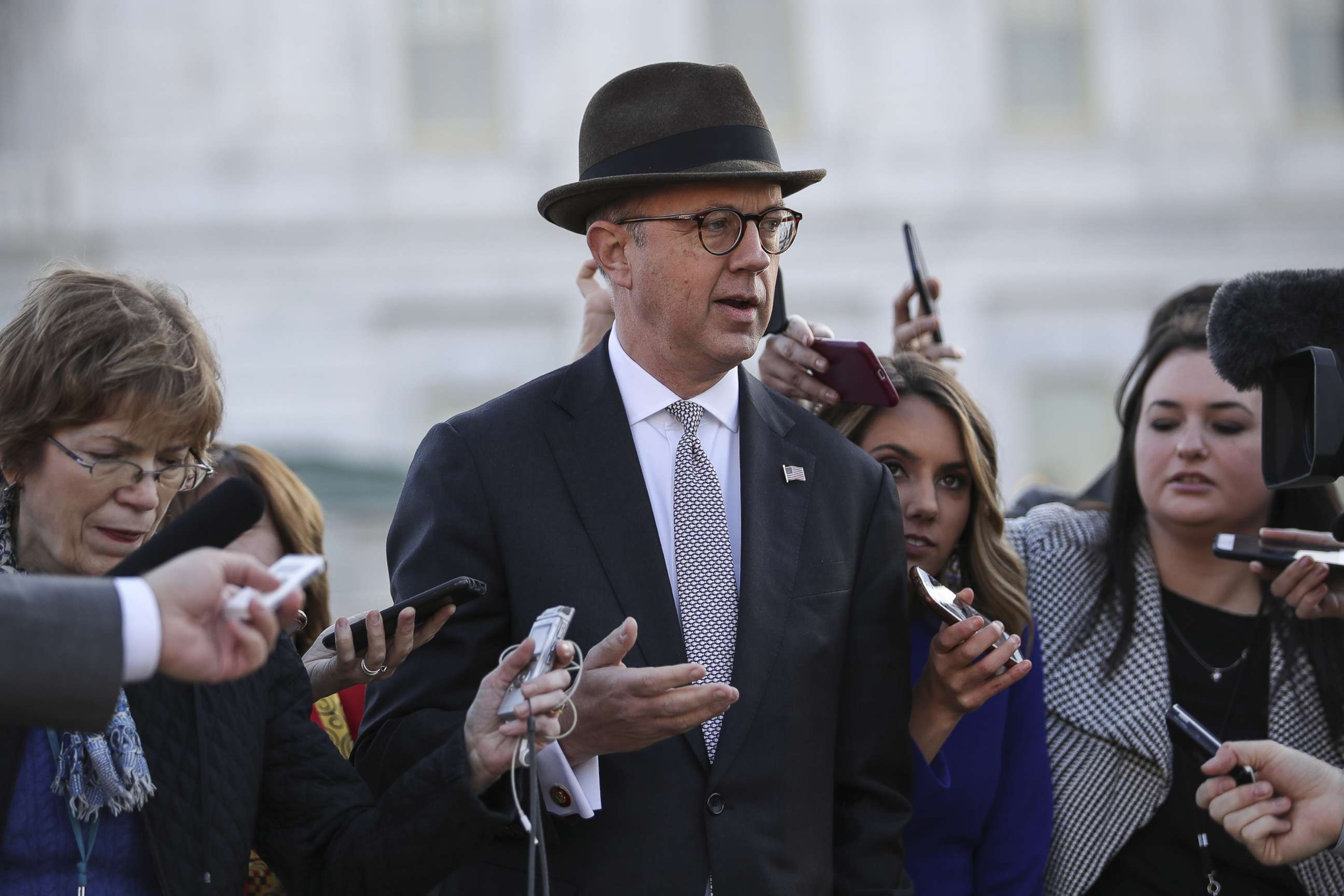
Earlier this month, Trump said he wants several witnesses to testify who he says would bolster his account of events. Included on his list is his political rival Democrat Joe Biden and Biden's son, Hunter, who worked on a board of a Ukraine gas company while his father led U.S. policy on Ukraine as vice president. No evidence of wrongdoing has surfaced, and Hunter Biden has said he regrets the perception of a conflict of interest.
"I want them to testify but I want them to testify in the Senate where they will get a fair trial," Trump said earlier this month.
According to one source familiar with the president’s thinking, the president is waiting to make a final decision until he sees the finalized articles after they are voted out of the House Judiciary Committee, expected later Thursday.
Another official described the White House as being in a wait-and-see mode, with aides looking to keep their options open with a likely trial still weeks away, saying it's premature to say definitively what the White House approach will be.
"Whatever else happens in the Senate, it needs to provide the president with the fairness and due process that was denied to him in the House by Speaker Pelosi and Chairmen Schiff and Nadler," a senior official said.
Witnesses or not, one thing still in flux is who would represent the president in an impeachment trial. Sources tell ABC News any team would consist primarily of lawyers from the White House counsel’s office however it is possible outside counsel could be added, including the presidents lead personal counsel Jay Sekulow. Rudy Giuliani, who held an active role in representing the president during the Mueller investigation has been sidelined from working on the impeachment case, sources have previously told ABC.
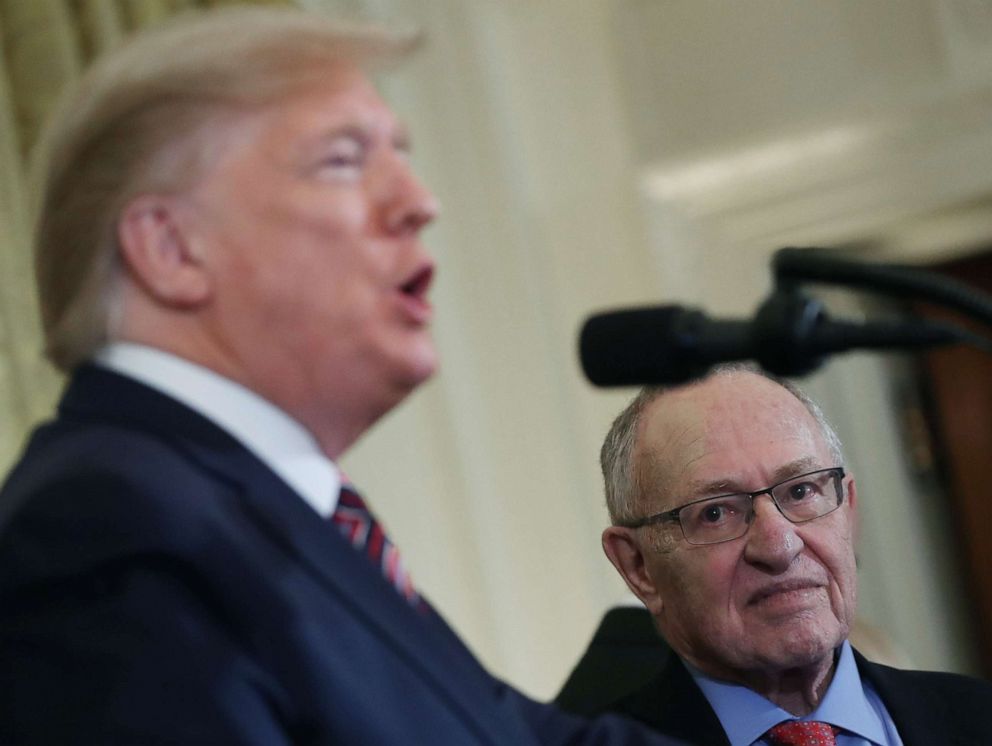
As reported last night, multiple sources tell ABC the president and his top advisers are considering adding attorney Alan Dershowitz, who appeared with Trump at a White House Hanukkah celebration Wednesday evening. His past client list includes Jeffrey Epstein, O.J. Simpson and Mike Tyson. No final decision though has been made.
ABC News' Trish Turner and Anne Flaherty contributed to this report.
